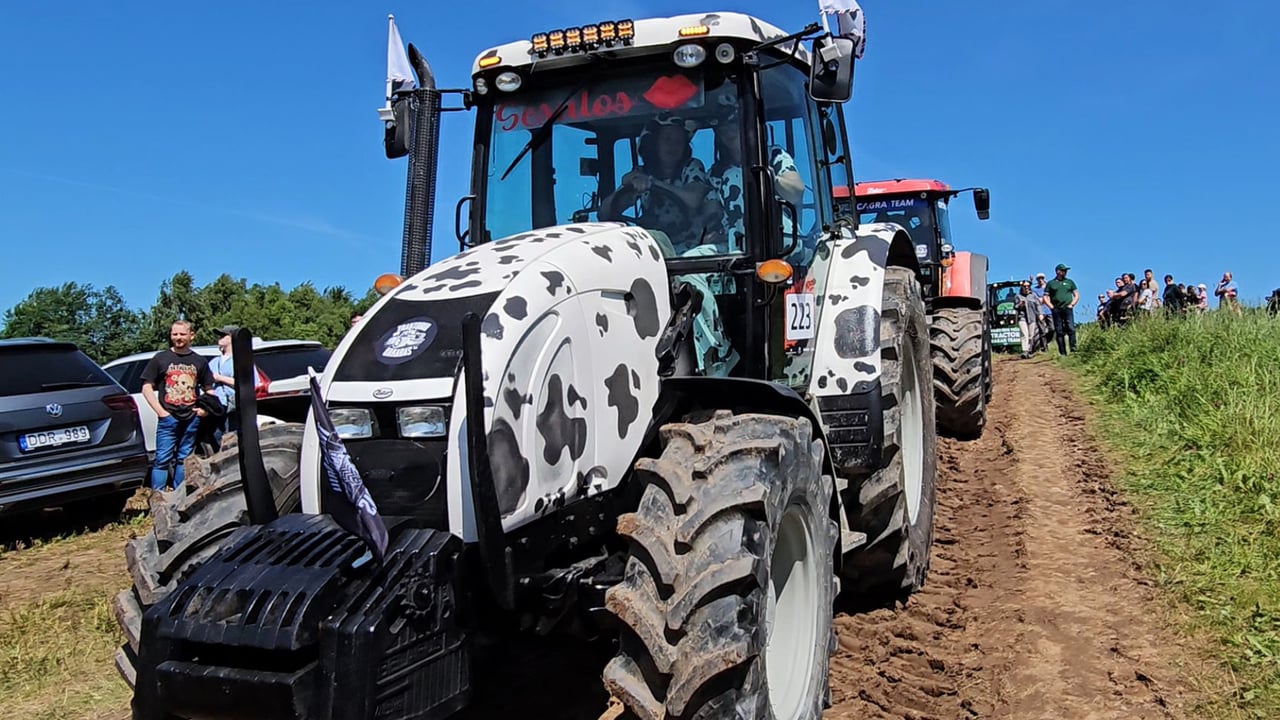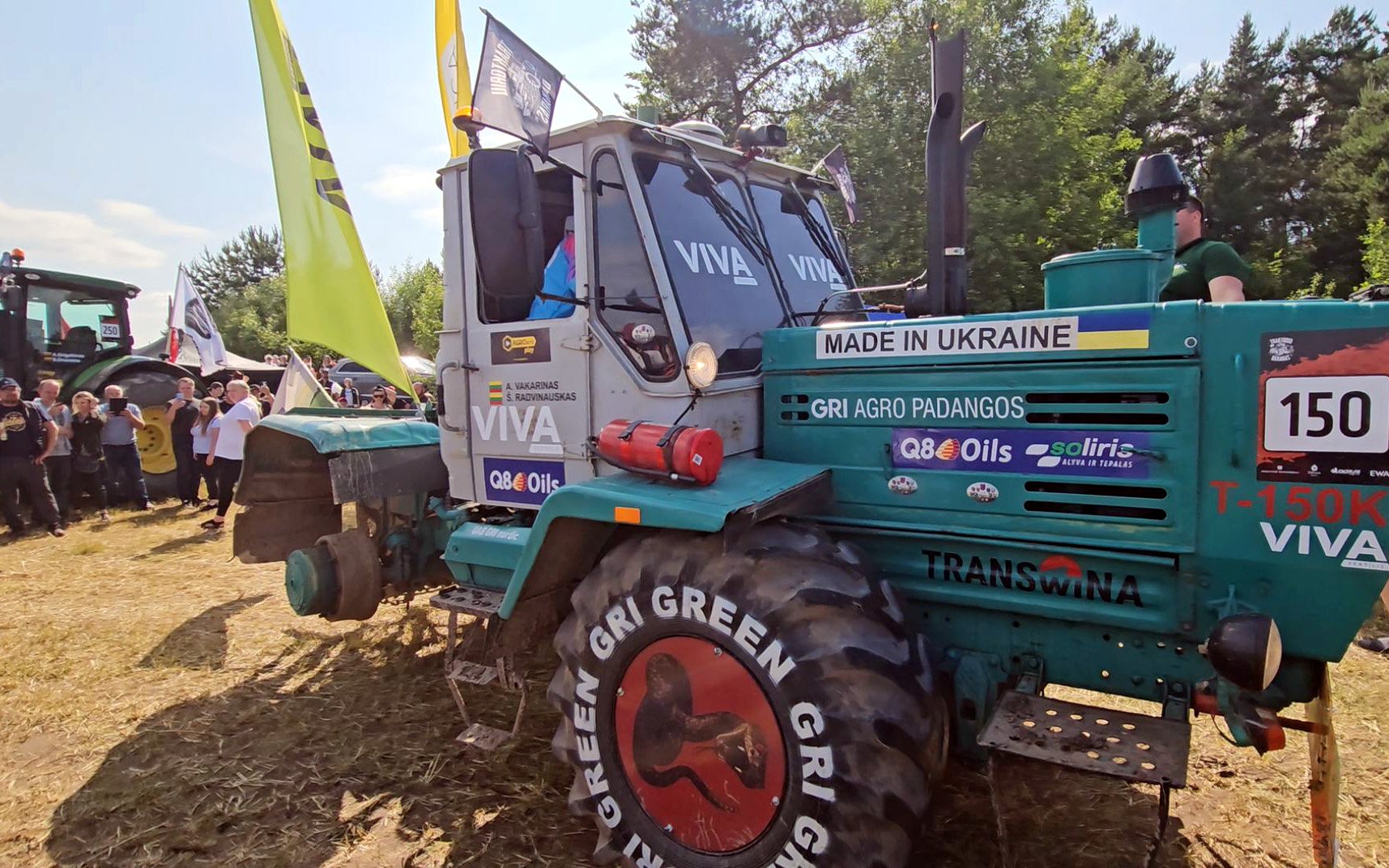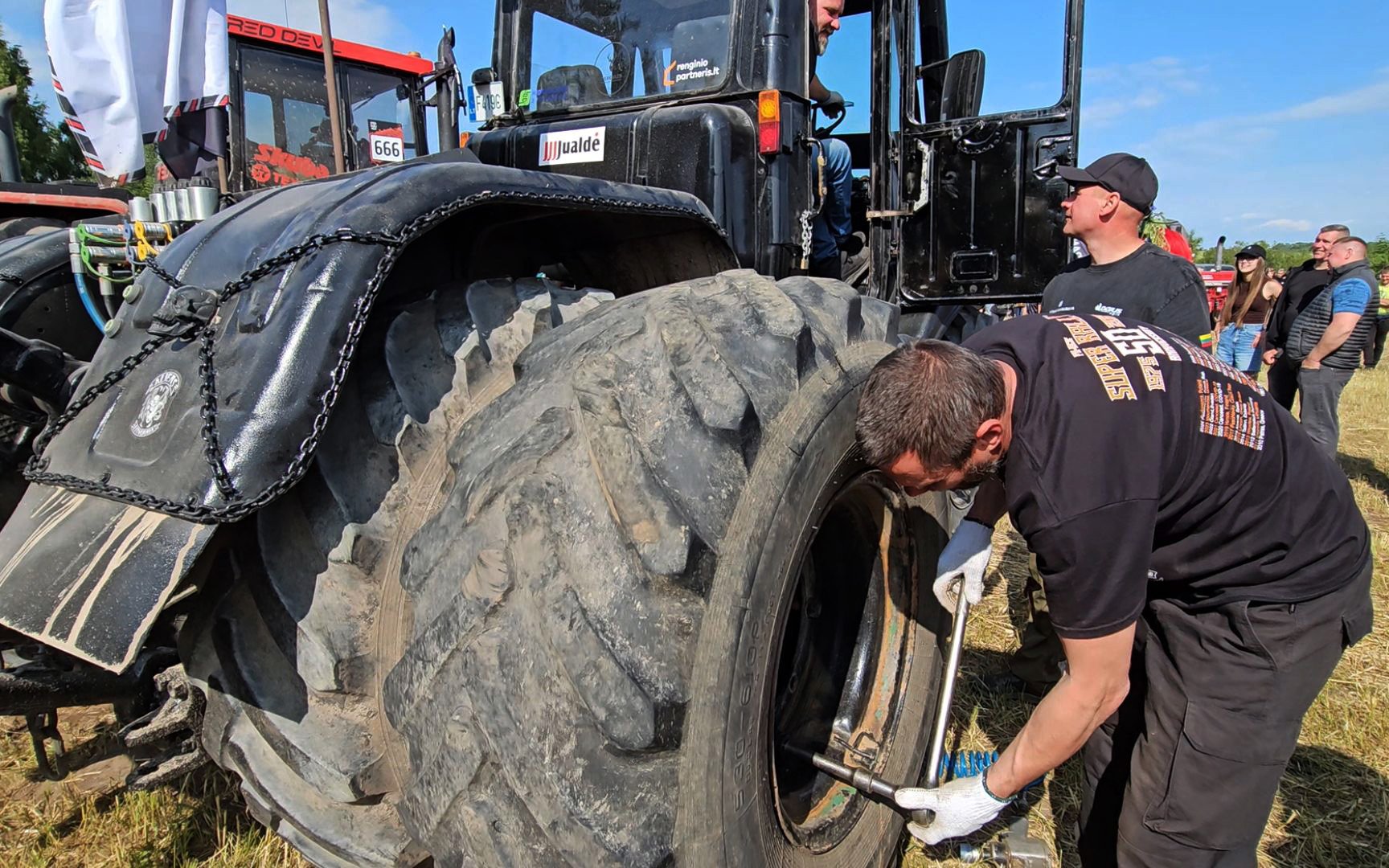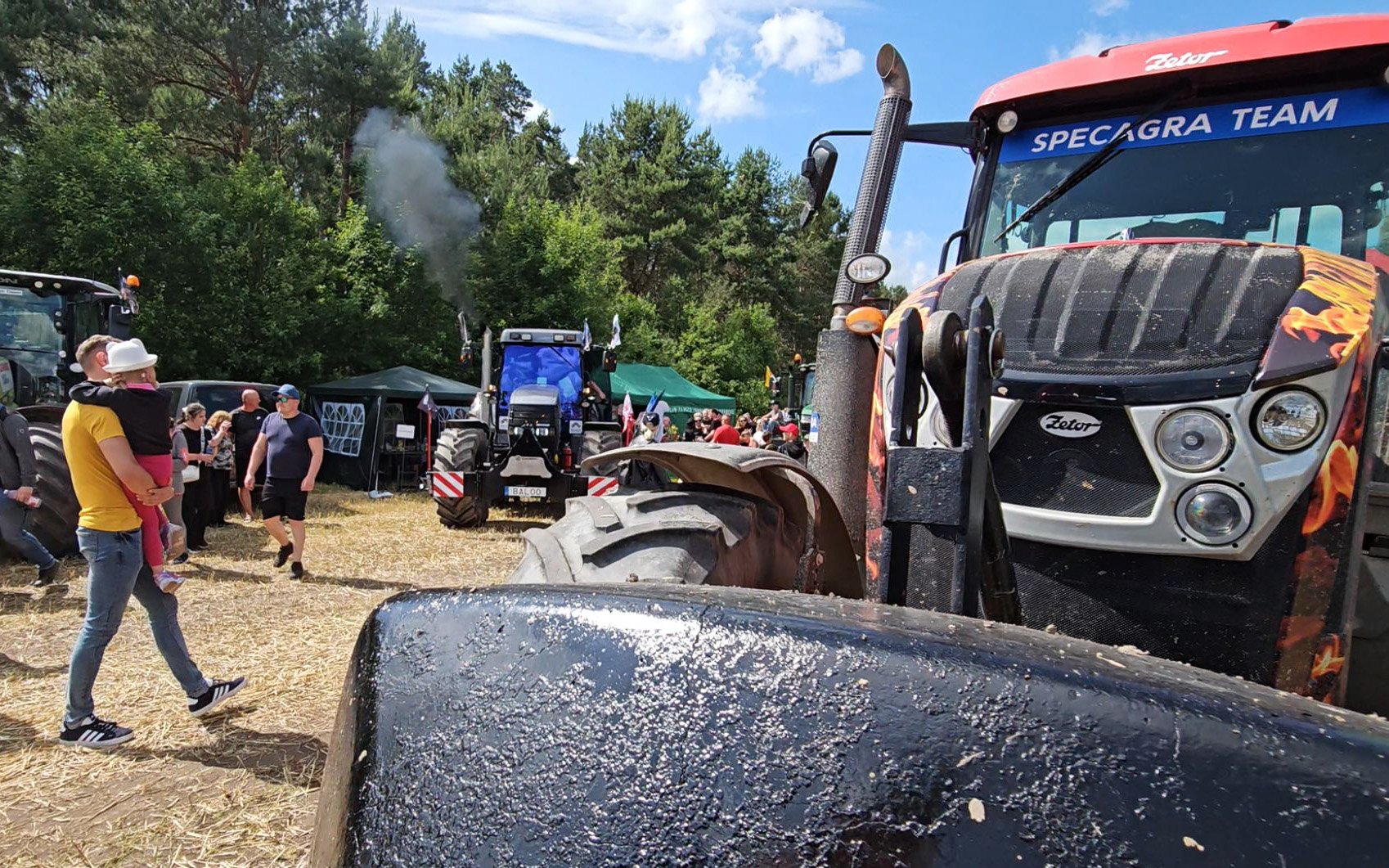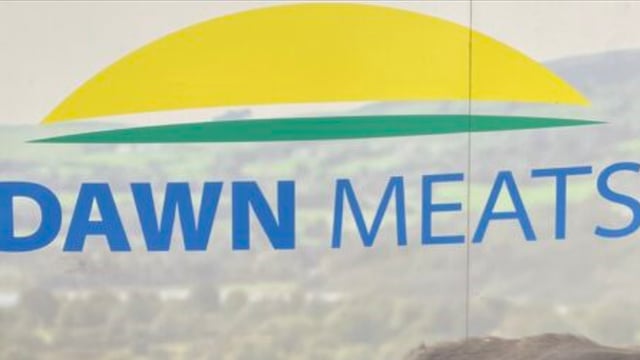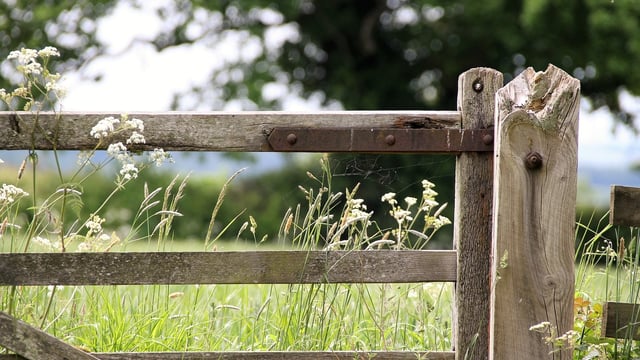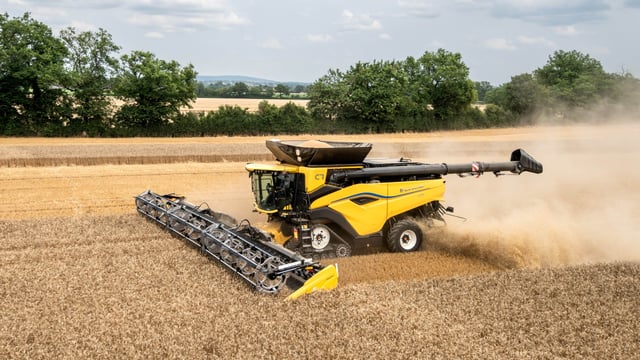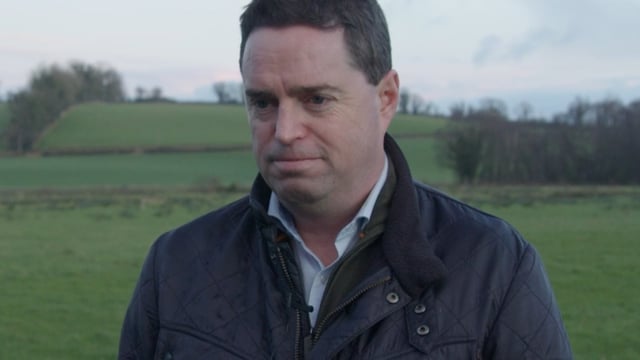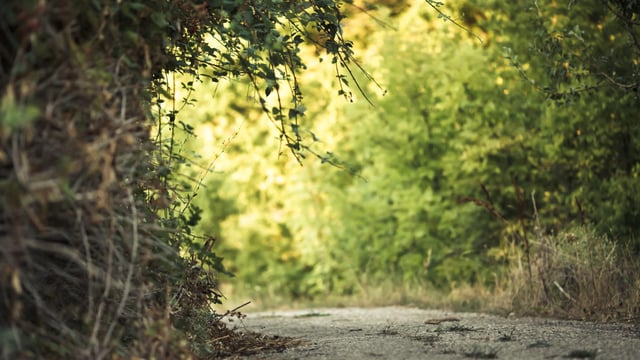Tractor Dakar takes to the fields of Lithuania
Tractors are designed to perform a multitude of operations on and off the farm, and while new uses are regularly found for them, perhaps the latest role is not one their designers would have envisaged.
Tractors are now finding their way into competitive motor sports, with a Massey Ferguson-supported team entering the Morocco Desert Challenge while a rally devoted purely to the vehicles was held recently in Lithuania.
Named the ‘Tractor Dakar’, the race took place last Saturday (June 21) at a venue to the west of the country's capital, Vilnius. Over 30 teams of two people each participating, including four pairs of women.
First of its kind
This was the first race of its kind in Lithuania, Covering 48km, it is estimated that the event was watched by around 10,000 people.
Entrants were divided into three categories: Factory Class for new, factory-built tractors; T3 Speed class for tractors with a maximum speed of 40 km/h; and T2 Turbo class for those with speeds up to 30 km/h.
All the entrants successfully completed the challenge, even a Ukrainian-made XTZ T-150K that lost a wheel near the end of the route.
Dakar veterans
Crews had to check in at four checkpoints along the route - with details of the checkpoint locations only being issued just before the race started - with a five-minute interval between each tractor.
The organisers of the Tractor Dakar were advised by Lithuanian drivers who have participated in professional Dakar races, including Karolis Raisys, who this year completed the Dakar Rally in a Series Three LWB Land Rover.
For the Tractor Dakar, the tractors were equipped with professional speed measurement devices to ensure that drivers did not exceed the speed limit.
However, the limit appeared to breached on many occasions, judging by the amount of penalties issued to various teams.
Farming activism
While most sports strive to be non-political, participants in this competition were not allowed to start with tractors purchased with EU support, nor were they allowed to use state-subsidised diesel fuel.
With one of the driving forces behind the competition being Jolanta Grey, a farmer activist and vocal critic of the Common Agricultural Policy, this is not to be wondered at.
Tractors manufactured in Russia and Belarus were also barred from competing in the race.
The event was intended as a showcase for agriculture, with a programme that encouraged communication between the public and farmers, as well as educational programmes for children and other activities on the sidelines.

